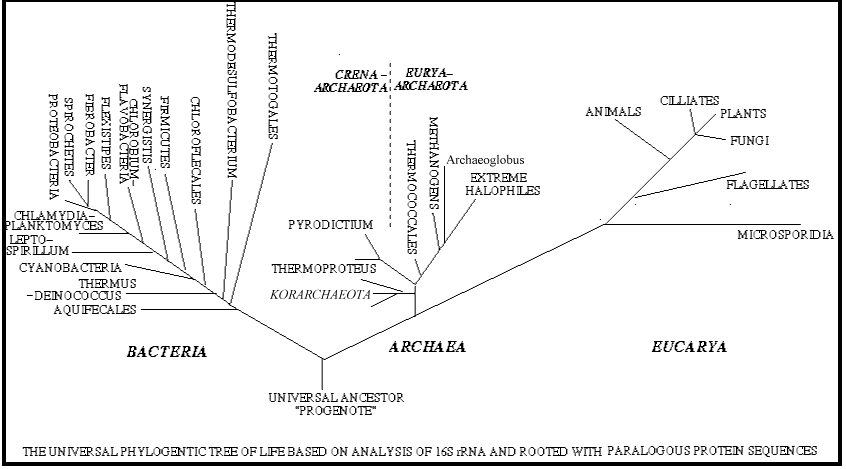Late_Cretaceous
<font color="#880000" ></font&g
A poodle has less genetic info then a wolf???? Where did you get that idea from. And what does the amount of "info" have to do with evolution?
I have noticed that a lot of people seem to think that the amount of genetic material (which they erroneously refer to as information) is linked to "how evolved" the organism is or how complex the organism is.
This in not true. Salamanders generally have one hundred times the amount of genetic material as humans. Many plants have even more DNA, sometimes compartmentalized into hundreds (in some cases even over athousand) chromosomes.
Many people assume that the reason that bacteria have so little DNA in comparison to humans is that they are "primitive" Again, not really true. Bacteria are highly specialized to do a few things at a microscopic level - and do them very efficiently. THe E.coli living in your bowel is just as "evolved" as you are, they are just the product of a different evolutionary strategy - one akin to simplicity and miniaturization.
I have noticed that a lot of people seem to think that the amount of genetic material (which they erroneously refer to as information) is linked to "how evolved" the organism is or how complex the organism is.
This in not true. Salamanders generally have one hundred times the amount of genetic material as humans. Many plants have even more DNA, sometimes compartmentalized into hundreds (in some cases even over athousand) chromosomes.
Many people assume that the reason that bacteria have so little DNA in comparison to humans is that they are "primitive" Again, not really true. Bacteria are highly specialized to do a few things at a microscopic level - and do them very efficiently. THe E.coli living in your bowel is just as "evolved" as you are, they are just the product of a different evolutionary strategy - one akin to simplicity and miniaturization.
Upvote
0

